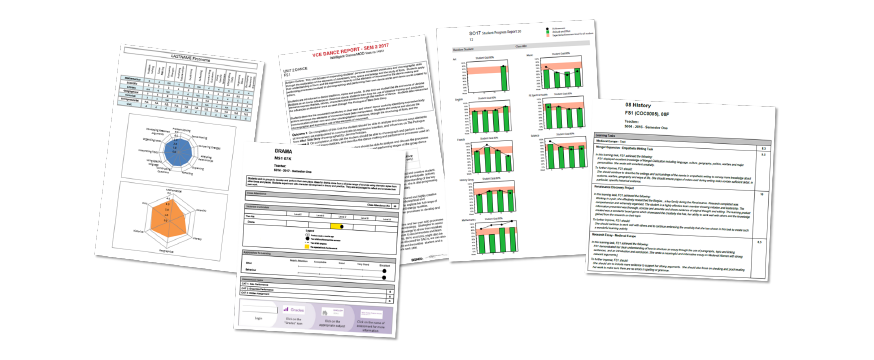Publication Date
2019
Subjects
Preschool children, Child care, Developing countries, Interventions, Program effectiveness, Student focused learning
Abstract
Child-focused education and nurturing care interventions provide learning support directly to the child. In line with the International Standard Classification of Education (ISCED Level 0), the support is typically provided by either centre- or home-based Early Childhood Education and Care (ECEC) services outside the child’s family and includes an educative and caring component with an active child development element. The 35 child-focused interventions in this review (of a total of 109 studies; see further details under background) occurred in 29 countries in five regions – the widest geographical spread of all intervention types under consideration. The most frequently represented countries were China (five studies) and Bangladesh (four studies) while three interventions occurred in Indonesia and Ethiopia. The child-focused interventions targeted three groups, namely preschool for children in the one or two years before starting school (20 studies), programs for younger children and programs without an explicit educational focus (11 studies) and short-term interventions for disadvantaged children (4 studies). Twenty-seven of the 35 interventions had positive effects on learning. The impact of these interventions – one of six types of interventions in the review – confirmed previous results showing the largest effects for child focused interventions compared with other ECEC interventions (Rao et al., 2017).
Recommended Citation
Jackson, J., Ahmed, S. K., Carslake, T., Lietz, P. (2019). Effective child-focused education and nurturing care interventions. (Insights from a scoping review ; Policy note 2). Australian Council for Educational Research. https://research.acer.edu.au/monitoring_learning/40/
Copyright Statement
Copyright Australian Council for Educational Research 2019
Place of Publication
Melbourne, Australia
Publisher
Australian Council for Educational Research (ACER)
Included in
Early Childhood Education Commons, Educational Assessment, Evaluation, and Research Commons, International and Comparative Education Commons



Comments
Insights from a scoping review: Policy note 2